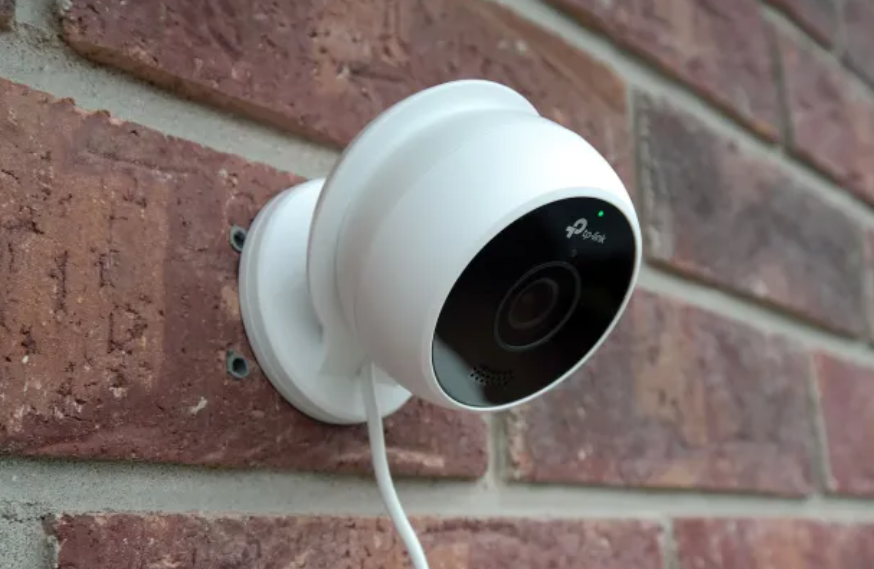In an era where security cameras are becoming increasingly affordable and accessible, homeowners in Spain are seeking to leverage video surveillance technology to protect their properties. The question arises, though, can one legally place cameras on the exterior of a residence without running afoul of privacy laws or neighbourly disputes?

The Legality of Exterior Cameras: A Delicate Balance
Spanish homeowners may feel the need to install surveillance for various reasons, primarily security. However, the legality of positioning cameras on a building's façade is nuanced, particularly when the property is part of a multi-unit dwelling such as flats or residential estates. Here, the individual's right to security intersects with the right to privacy, creating a legal tightrope that must be carefully walked.
For single-family homes, the law is more permissive. Owners can usually set up cameras on their property's façade without much legal restriction since any recorded individual could potentially be an intruder. This changes significantly for multifamily buildings. Here, installing surveillance cameras that capture shared spaces like corridors, courtyards, or parking lots necessitates consent from the community of owners.
Even with consent, there are clear boundaries. Cameras must not record public spaces or the street, save for the area immediately adjacent to a building's entrance. This is critical to uphold both the privacy of neighbours and adherence to the law.
Compliance with Regulations: Requirements for Home Surveillance
In compliance with data protection regulations in Spain, homeowners who wish to install video surveillance must adhere to the following requirements:
-
Notification via Signage: Clear posting of signs indicating the presence of video surveillance is mandatory.
-
Limited Data Collection: The scope of the recording should be strictly what is necessary for the intended security purpose.
-
Access Rights: People captured by the cameras have the right to access the recordings they are in.
-
Secure Storage: Recorded images must be stored securely and access to them should be limited to authorized personnel only.
-
Restricted Public Recording: Continuous, unrestricted recording of public roads is prohibited.
Additional measures, such as strategic camera placement and restrictive recording angles, must be employed to focus only on relevant property areas and avoid overlooking public or neighbouring private spaces.
Front Door Surveillance and Implications
When it comes to front door cameras that solely capture footage of one's entrance without encroaching on common areas or public roads, the rules are more relaxed. However, notification to the community, as well as posting signage, is still advisable to prevent any possible disputes.
The Consequences of Non-Compliance
Ignorance or disregard for these regulations can result in significant penalties. Depending on the severity, legal consequences may include fines by the Spanish Data Protection Agency (AEPD), mandated deletion of unlawfully captured images, prohibition of future camera installations, and even civil liability for privacy infringement.
Tips for Choosing Cameras for Home Surveillance
For those wondering where to purchase such cameras, Amazon offers a variety of surveillance cameras, including the reputable brand TP-Link. Affordable options, such as the Tapo models listed for around €21.99, offer key features necessary for compliant home surveillance.
The adoption of video surveillance at home in Spain necessitates a delicate balance between personal security and privacy rights. Both homeowners and residents must navigate these requirements with care and consider the communal implications of their security measures. As surveillance technology continues to evolve and integrate into our daily lives, awareness and understanding of such legal frameworks become ever more important for avoiding conflicts and ensuring both security and privacy are maintained.